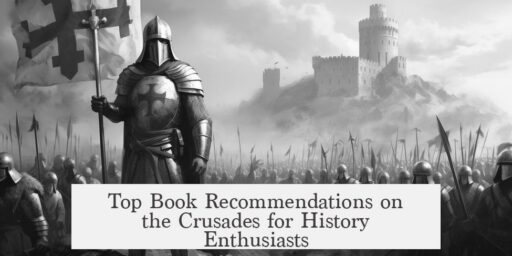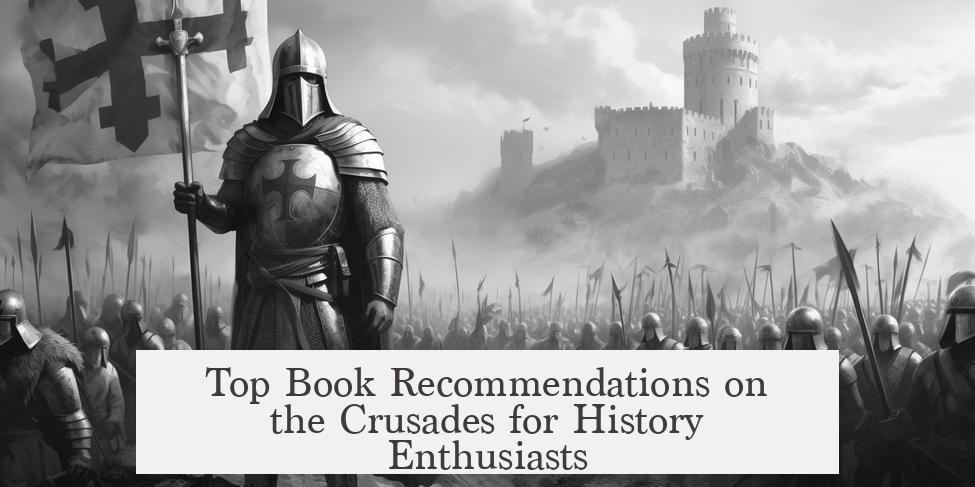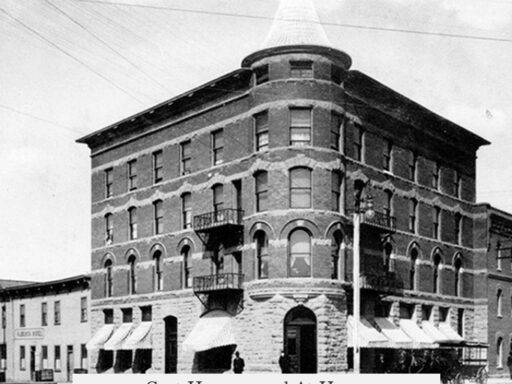For those seeking a recommended book on the Crusades, the choice depends on what aspect of the Crusades interests the reader most. The field offers a variety of detailed and nuanced works ranging from comprehensive introductions to focused studies on particular Crusades, perspectives, or primary sources.
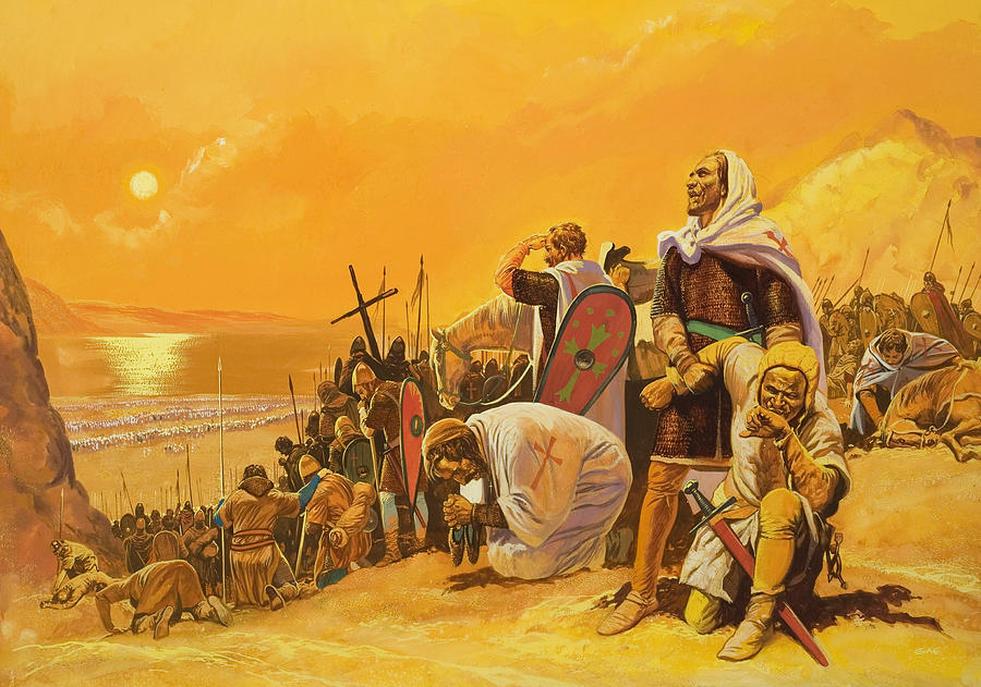
A widely praised starting point is Terry Jones’ The Crusades. It offers a richly illustrated, accessible introduction without deep academic jargon, ideal for readers new to the topic. Similarly, Karen Armstrong’s Holy Wars provides a thorough exploration, extending to the Crusades’ modern impacts while remaining engaging.
For readers wanting a scholarly but readable overview, Thomas Asbridge’s The Crusades: The Authoritative History of the War for the Holy Land stands out. It is well-researched yet approachable, making it suitable for both enthusiasts and those familiar with medieval history.
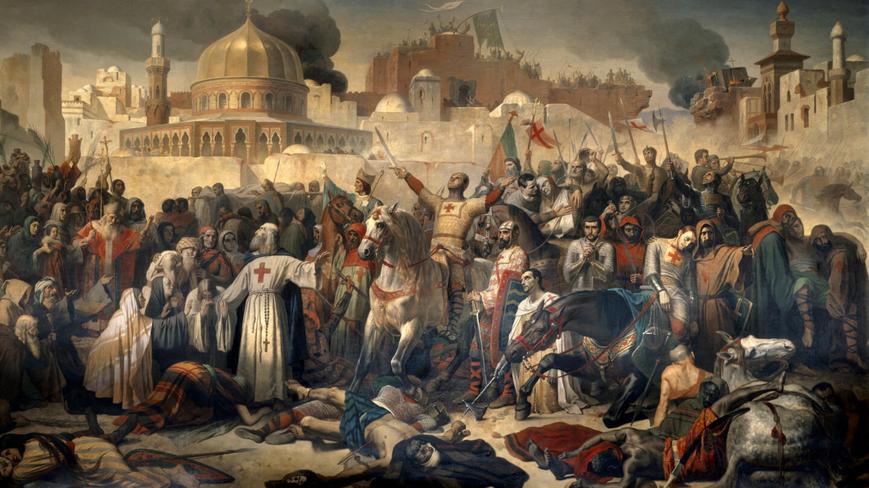
The Crusades’ historiography often contrasts between Oxford and Cambridge academic perspectives. Christopher Tyerman’s God’s War (Oxford) offers a detailed narrative with critical analysis, whereas Jonathan Riley-Smith (Cambridge) provides influential scholarship often viewed through a Catholic lens. Comparing their works reveals different interpretations and scholarly debates.
For the Continental European viewpoint, particularly German scholarship, Hans Mayer’s works remain important despite their age. They complement Anglophone perspectives and widen the historiographical scope.
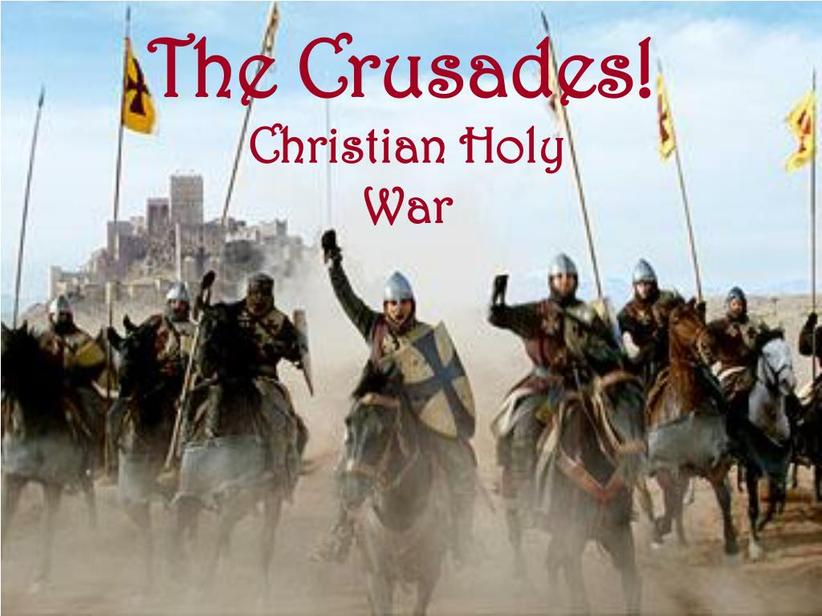
Understanding the Islamic viewpoint of the Crusades is critical for balance. Carole Hillenbrand’s in-depth research brings clarity and nuance to Muslim experiences during the Crusades. Amin Maalouf’s The Crusades Through Arab Eyes presents a compelling narrative from the Arab perspective, offering readers a counterpoint to conventional Christian-centric histories.
One book cannot cover the entire Crusades in full scholarly depth. Attempts like Steven Runciman’s classical narrative come close but may lack critical modern historiographical analysis. Runciman’s works, while foundational, are somewhat dated and more literary than analytical.
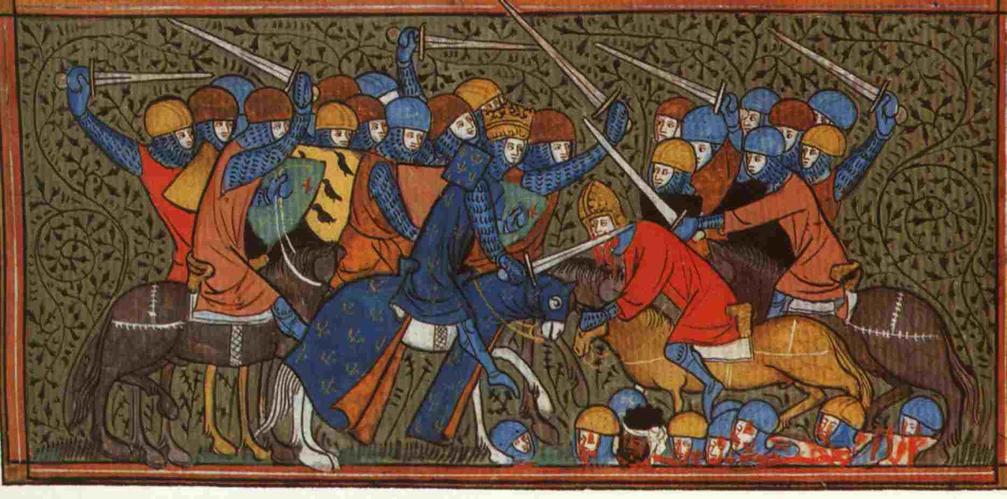
Context matters: political, social, and religious factors surrounding crusading are crucial. Most texts focus heavily on either military campaigns or religious motivations, sometimes missing the broader societal framework.
Primary sources bring authenticity. Christopher Tyerman’s An Eyewitness History of the Crusades compiles vital firsthand accounts with introductions, letting readers encounter original Crusader narratives directly. Fulcher of Chartres’ A History of the Expedition to Jerusalem is key for the First Crusade’s perspective, while Geoffrey of Villehardouin’s On the Conquest of Constantinople details the Fourth Crusade.
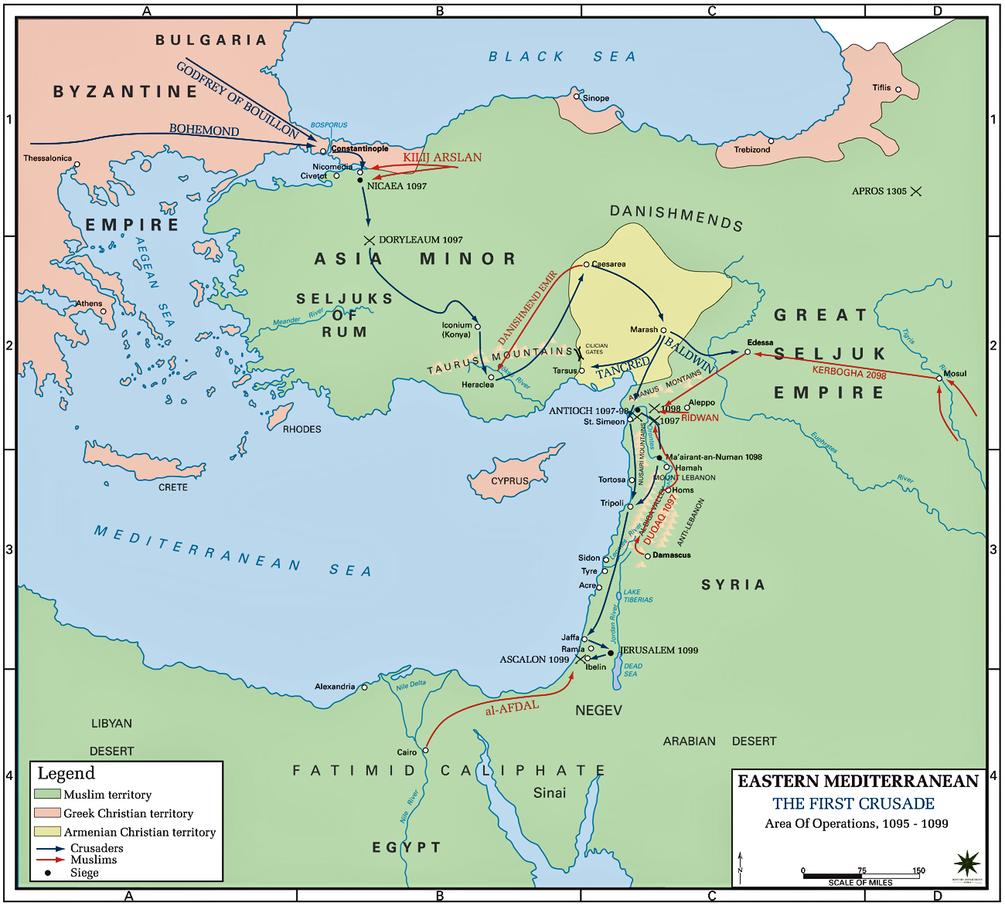
For narrative history lovers, Harold Lamb’s The Crusades: Iron Men and Saints delivers an engaging, accessible story. Nicholas Morton’s The Medieval Military Orders: 1120-1314 provides a concise study of the Knights Templar and others, useful for those interested in military-religious orders.
Regarding specific Crusades, narrowing focus aids understanding. The First Crusade sees strong texts like Peter Frankopan’s The First Crusade: The Call From the East and Jay Rubenstein’s Armies of Heaven, which examines apocalyptic motivations. The Fourth Crusade is well covered by Jonathan Phillips. For the Seventh Crusade, Jean de Joinville’s chronicles offer vivid firsthand insights.
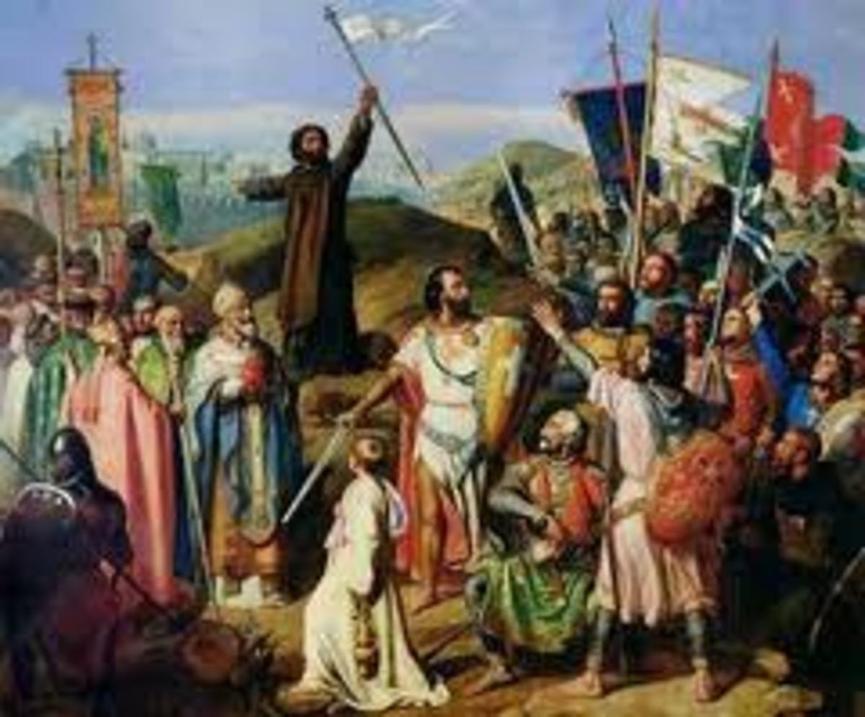
Historical fiction can supplement academic reading. G.A. Henty’s Winning His Spurs provides a narrative glimpse into the Crusades’ spirit, though dated opinions require caution.
All historical sources come with bias, and Crusades historiography is no exception. Readers should cross-reference authors, understand differing biases, and distinguish facts from opinions. Combining multiple sources enriches comprehension and presents a fuller picture.
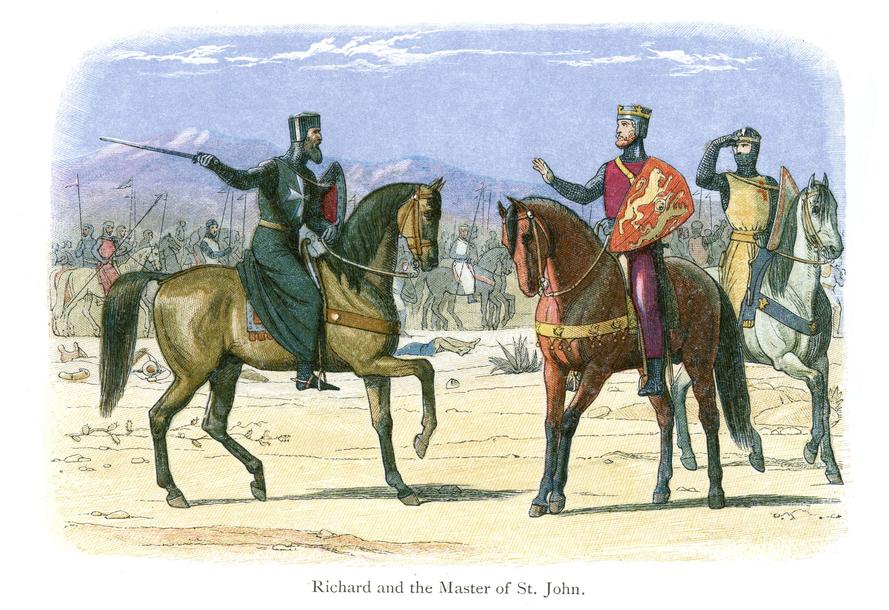
| Book Type | Recommended Titles | Notes |
|---|---|---|
| Comprehensive Introduction | Terry Jones’ The Crusades, Karen Armstrong’s Holy Wars | Accessible, well-illustrated, covers wide ground |
| Scholarly Overview | Thomas Asbridge’s The Crusades, Christopher Tyerman’s God’s War, Riley-Smith’s works | Balanced analysis, accessible yet detailed |
| Islamic Perspective | Carole Hillenbrand, Amin Maalouf’s The Crusades Through Arab Eyes | Essential for balanced view |
| Primary Sources | Christopher Tyerman (editor) An Eyewitness History of the Crusades, Fulcher of Chartres, Villehardouin | Direct contemporary accounts |
| Narrative History | Harold Lamb’s The Crusades: Iron Men and Saints | Engaging and readable |
| Military Orders Focus | Nicholas Morton’s The Medieval Military Orders: 1120-1314 | Concise and clear |
| Specific Crusades | Peter Frankopan The First Crusade: The Call From the East, Jay Rubenstein Armies of Heaven | Focused, detailed studies |
- Terry Jones and Karen Armstrong provide strong introductory overviews.
- Thomas Asbridge and Christopher Tyerman offer rigorous yet accessible academic histories.
- Incorporate Islamic perspectives via Carole Hillenbrand and Amin Maalouf for balance.
- Primary sources such as Tyerman’s edited volume and chronicles by Fulcher and Villehardouin illuminate firsthand experiences.
- Narrative and military order-focused books add depth and broader context.
- Narrowing focus to a specific Crusade enhances understanding and detail.
- Compare multiple sources to appreciate differing interpretations and biases.
Which Book on the Crusades Do You Guys Recommend? The Ultimate Guide for History Buffs and Curious Minds
If you’re diving into the vast world of Crusades literature and wondering, “Which book on the Crusades do you guys recommend?”, the short answer is: Thomas Asbridge’s The Crusades: The Authoritative History of the War for the Holy Land stands out as an excellent, balanced, and scholarly yet readable choice.
But wait! That’s just the opening volley. The Crusades, spanning centuries and countless theaters of conflict, need more than one glance to understand. So grab your metaphorical chainmail, because this post walks you through the best books from multiple perspectives, with friendly nudges toward which to pick depending on your taste and interest.
Why Thomas Asbridge? The Key Recommendation
Asbridge’s work strikes a perfect balance. It’s authoritative without drowning you in academic jargon. This makes it ideal for both beginners and seasoned readers who want fresh insight. It covers major campaigns, key figures, and the complex web of motives behind Crusading with detail and clarity. If you want a single book that’s neither dry nor superficial, this one is your best bet.
His storytelling is engaging, almost cinematic, without sacrificing facts. Plus, it strikes a tone that’s neither too bias-ridden nor dull. That, my friend, is rarer than you think!
Comprehensive Introductions: Start Here if You’re New
- Terry Jones’ The Crusades: A terrific introduction with vivid illustrations and well-rounded coverage. It’s not a textbook but works wonderfully if you want enjoyable breadth before drilling deeper.
- Karen Armstrong’s Holy Wars: Goes deeper and explores not just history but the Crusades’ echoes in modern times. She packs a lot of data while still keeping it readable. Perfect for those wanting context beyond battles and kings.
These books are perfect starting points before ramping up to more scholarly, detailed works. They paint the overall landscape vividly — think of them as your tour guides through dusty medieval fields of battle and politics.
Oxford vs. Cambridge: The Scholarly Rivalry That Shapes Crusades Literature
Interested in contrasting scholarly perspectives? The academic rivalry can be a goldmine of insights but also a pitfall of bias.
- Christopher Tyerman’s God’s War (Oxford): Loved for exhaustive research and rich narrative. But some say Tyerman’s view leans Protestant in tone.
- Jonathan Riley-Smith’s works (Cambridge): Highly respected for promoting a Catholic-centric take, which some readers criticize as too sympathetic to the papacy.
Both scholars produce superb material, so reading them side-by-side sharpens critical thinking and gives you that ‘both sides of the coin’ perspective—handy when sources can be biased.
Getting Continental and Islamic Insights: Broadening the Lens
Too often, Crusades history is told from a Western European viewpoint. But the story involves more than knights and kings.
- Hans Mayer offers valuable German perspective, though his works are somewhat dated. A continental view helps balance Anglo-French-centric narratives.
- Carole Hillenbrand shines when presenting Islamic viewpoints in more scholarly detail and nuance than many Western accounts.
- Amin Maalouf’s The Crusades Through Arab Eyes brings the Arab experience front and center. It’s an accessible, narrative-driven book providing a much-needed counterbalance to Christian-centric histories.
Want a balanced view? Mix in Maalouf or Hillenbrand to see the Crusades from ‘the other side’.
Primary Source Collections: Craving Original Voices?
If diving into original texts sounds exciting (or slightly terrifying), consider:
- An Eyewitness History of the Crusades edited by Christopher Tyerman — this compiles primary accounts with helpful commentary. Parts are vivid firsthand chronicles; others are official proclamations. Ideal for those who want to hear the Crusaders speak, rather than just scholars.
- For the First Crusade, The Alexiad by Anna Komnene offers a Byzantine princess’s perspective, offering unique political and cultural insights.
- Fulcher of Chartres’ narrative is a must-read primary account by someone who actually journeyed on the First Crusade.
Primary sources are great for getting inside the mindset—but remember: all sources carry bias. The Crusades were hotbeds of propaganda and religious fervor.
Breaking It Down by Crusade: Pick Your Battle
The Crusades were not one epic slog but a series of campaigns with distinct characters and contexts. Narrowing your focus can help immensely:
- First Crusade: Jay Rubenstein’s Armies of Heaven offers a fresh look at the religious apocalyptic zeal driving this campaign.
- Third Crusade: The Troubadour’s Song by David Boyle or Warriors of God (a para-historical but accessible narrative) are engaging without overwhelming detail.
- Fourth Crusade: Jonathan Phillips paints a clear picture of this infamous diversion to Constantinople, often overlooked in more general books.
- Albigensian Crusade: Mark Gregory Pegg’s A Most Holy War dives into the religious-political conflict in Southern France, giving you a Crusade experience away from the Holy Land’s sands.
Which Crusade interests you most? Historical depth grows best when your curiosity helps select the battlefield.
Military Orders and Specialized Topics
Fascinated by those iconic knights in shining armor on horseback? Try Nicholas Morton’s The Medieval Military Orders: 1120-1314 for an across-the-board look at Templars, Hospitallers, and Teutonic Knights. It’s concise, readable, and had a cool undergrad instructor vibe—great if you want just the essentials without the fluff.
For a Narrative Spin: Historical Fiction and Readable Accounts
If the heavy lifting of academic history makes you want to toss your parchment out the window, lighten up with:
- Harold Lamb’s The Crusades: Iron Men and Saints — narrative-driven and enjoyable, this book is great for readers who want history told like a good story.
- G.A. Henty’s Winning His Spurs: A Tale of the Crusades — an old historical fiction classic. It contains some outdated opinions but spices up the typical textbook experience with a tale of courage and chivalry.
Why No Single “One-Book” Solution Exists
Want a book that covers the entire Crusades comprehensively, analyzing every twist and turn? Tough luck. It’s like expecting one dessert to serve an entire wedding banquet: impossible.
Even Steven Runciman, who wrote the grand narrative still admired by many, is now seen as outdated and too literal. Plus, his work lacks critical analysis some modern readers demand.
Modern scholars agree: The Crusades are best approached as a mosaic. Use multiple books, compare viewpoints, and mix primary sources with expert opinions.
Remember: All History Has Bias
Historians aren’t cold, neutral database managers. They’re people with opinions, shaped by their times and personal beliefs. As a history enthusiast, it is vital to:
- Choose well-regarded sources.
- Compare different works for balance.
- Learn to separate hard facts from interpretation.
This active, critical reading approach will deepen your understanding far beyond simply absorbing names and dates.
Final Thoughts: Tailor Your Reading to Your Passion
So, to circle back—If you want a single top pick, go for Thomas Asbridge’s The Crusades: The Authoritative History of the War for the Holy Land. It combines readability, scholarship, and narrative finesse effortlessly.
But if your curiosity is piqued about specific Crusades, perspectives, or themes, here’s a game plan:
- New to the topic? Start with Terry Jones or Karen Armstrong for a broad, enjoyable intro.
- Want scholarly depth? Try Christopher Tyerman and Jonathan Riley-Smith side-by-side.
- Need Islamic or Arab perspectives? Pick up Amin Maalouf or Carole Hillenbrand.
- Primary sources fan? Dive into Fulcher of Chartres, Anna Komnene, or Geoffrey of Villehardouin.
- Into military knights? Nicholas Morton’s book is your perfect launchpad.
- Looking for a Crusade-specific narrative? Pick among Jay Rubenstein, Jonathan Phillips, or Mark Gregory Pegg.
Ultimately, which book best suits you depends on your curiosity, reading style, and the angle that fascinates you most about the Crusades.
Feeling overwhelmed? That’s perfectly normal. The Crusades are huge, complex, and fascinating. Just pick a book, start reading, and enjoy the adventure. And remember—behind every knight, king, and sultan, there’s a story waiting to pull you in.
Which book offers a well-rounded introduction to the Crusades?
Terry Jones’ The Crusades is a great choice. It covers a wide range of topics with clear writing and rich illustrations. It’s not academic, but excellent for beginners.
What are good scholarly yet readable books on the Crusades?
Thomas Asbridge’s The Crusades: The Authoritative History of the War for the Holy Land balances depth and clarity well. Karen Armstrong’s Holy Wars is also detailed and accessible.
How do Oxford and Cambridge scholars differ in their Crusade histories?
Christopher Tyerman (Oxford) and Jonathan Riley-Smith (Cambridge) offer contrasting views. Tyerman is sometimes seen as Protestant-leaning; Riley-Smith has a more Catholic perspective.
Where can I find the Islamic perspective on the Crusades?
Carole Hillenbrand’s works provide detailed Islamic viewpoints. Amin Maalouf’s The Crusades Through Arab Eyes is also recommended for balanced insight.
Is there a book focused on the military orders of the Crusades?
Nicholas Morton’s The Medieval Military Orders: 1120-1314 explains groups like the Knights Templar and Hospitallers with concise and readable chapters.
Are there any good historical fiction books on the Crusades?
Yes. Winning His Spurs: A Tale of the Crusades by G.A. Henty is an old historical fiction that adds a narrative spin, though some opinions are dated.
